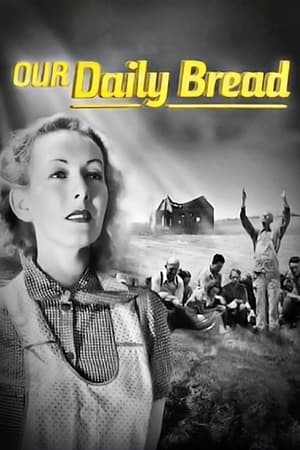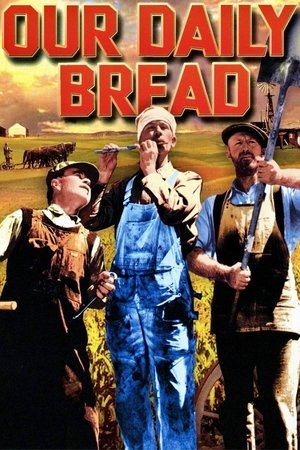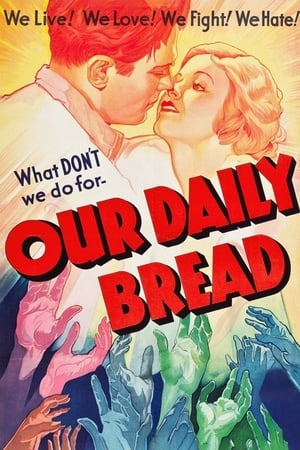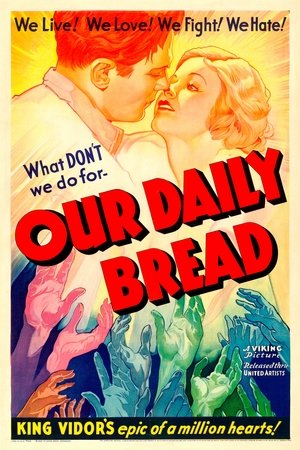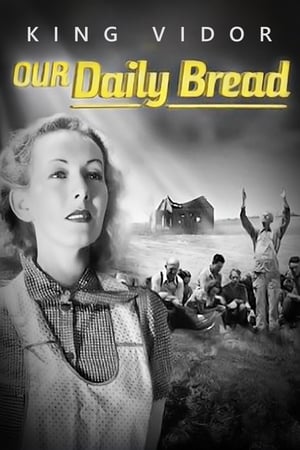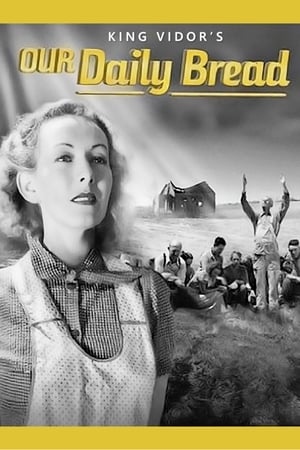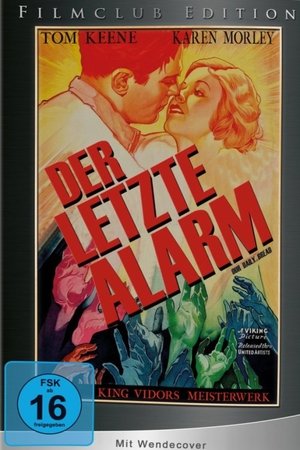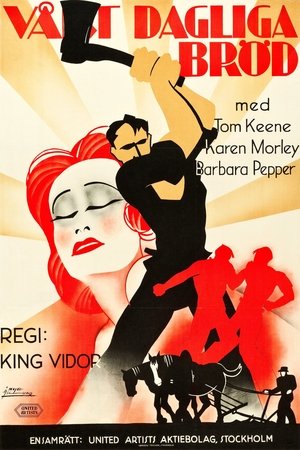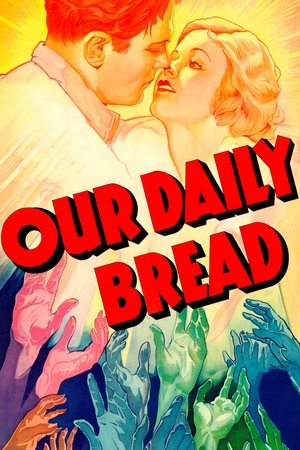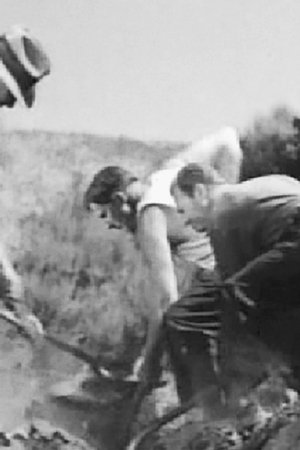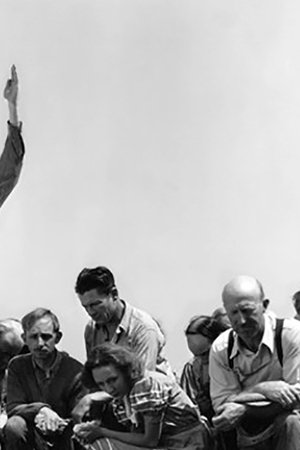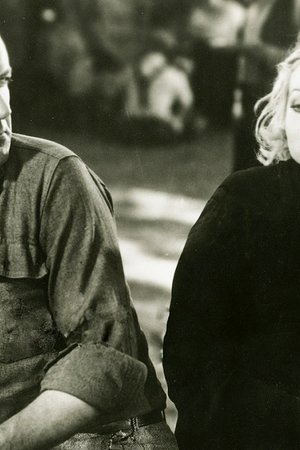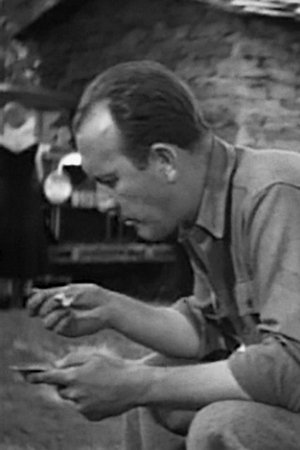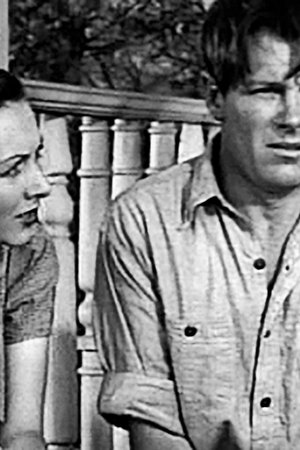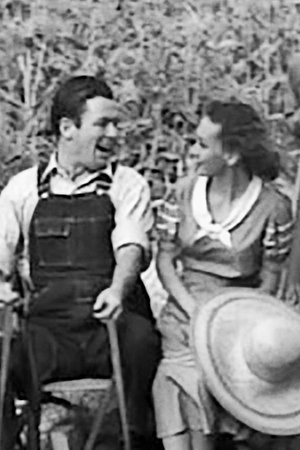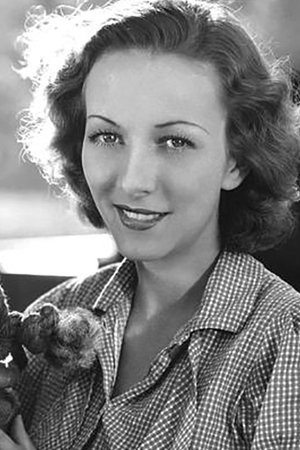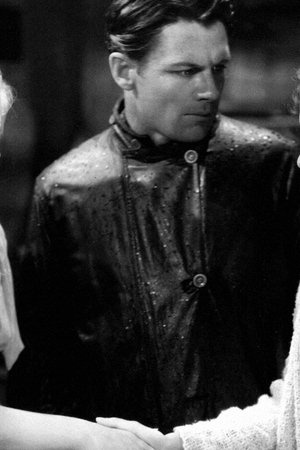Our Daily Bread (1934) [NR]
Featuring:
Karen Morley, Tom Keene, Barbara Pepper
Written by:
King Vidor
Elizabeth Hill
Joseph L. Mankiewicz
Directed by:
King Vidor
Release Date:
October 2, 1934
Original Title:
Our Daily Bread
Alternate Titles:
Der letzte Alarm
Welt ohne Geld
Genres:
Drama | Romance
Production Companies:
United Artists
Viking Productions
Production Countries:
United States of America
Ratings / Certifications:
AT: 8 SE: Btl US: NR
Runtime: 80
We live! We love! We fight! We hate! What don't we do for - OUR DAILY BREAD
John and Mary Sims are city-dwellers hit hard by the financial fist of The Depression. Driven by bravery (and sheer desperation) they flee to the country and, with the help of other workers, set up a farming community - a socialist mini-society. The newborn community suffers many hardships - drought, vicious raccoons and the long arm of the law - but ultimately pull together to reach a bread-based Utopia.
John Sims is a man with big ideas but little follow through. Unemployed, unable to find a job, and having no money with the economy being as depressed as it is, he and his loving wife Mary Sims are a few days away from being evicted and thus homeless. Not wanting a handout per se, Mary is hoping that her visiting Uncle Anthony will at least be able to offer John a job. What he offers them instead is an unused farm property - one hundred sixty acres - for which he has no use, and which the bank holding the mortgage doesn't want in the value being virtually worthless, it at least giving them a place to live and work until they decide their next step. It isn't until they arrive that they truly discover how little they know about farming, especially as a transient Swede named Chris, passing by much like them looking for work, and his wife Hilda show them more about farming and rural life in one day than they could have imagined. It is then that John comes up with his next big idea: to amass others looking for work to form a cooperative on the farm. Each person, providing what they have available, would barter among themselves their services and belongings with the others who need such, they all living on the property in small houses they build themselves, they all sharing equally what they have, and they selling whatever surplus they may have, especially in what they raise, for other things they may need to purchase. In finding such like minded people solely by posting a sign along the road, John is able to form that cooperative, the people, in turn, voting, that their governance structure will be John, the one who brought them all together, as "boss", with others assigned needed administrative roles. The question then becomes whether John can follow through especially when the situation throws them curve balls, such potential ones being people in their midst who are solely out for themselves, or the fickle nature of farming which is highly reliant upon Mother Nature's cooperation.
